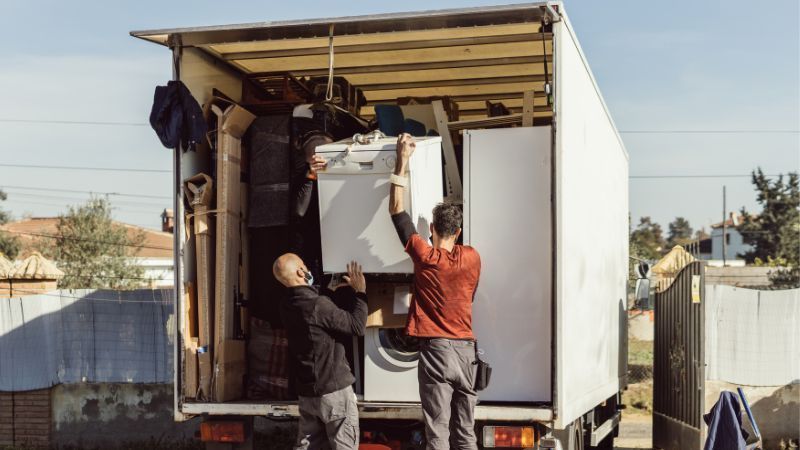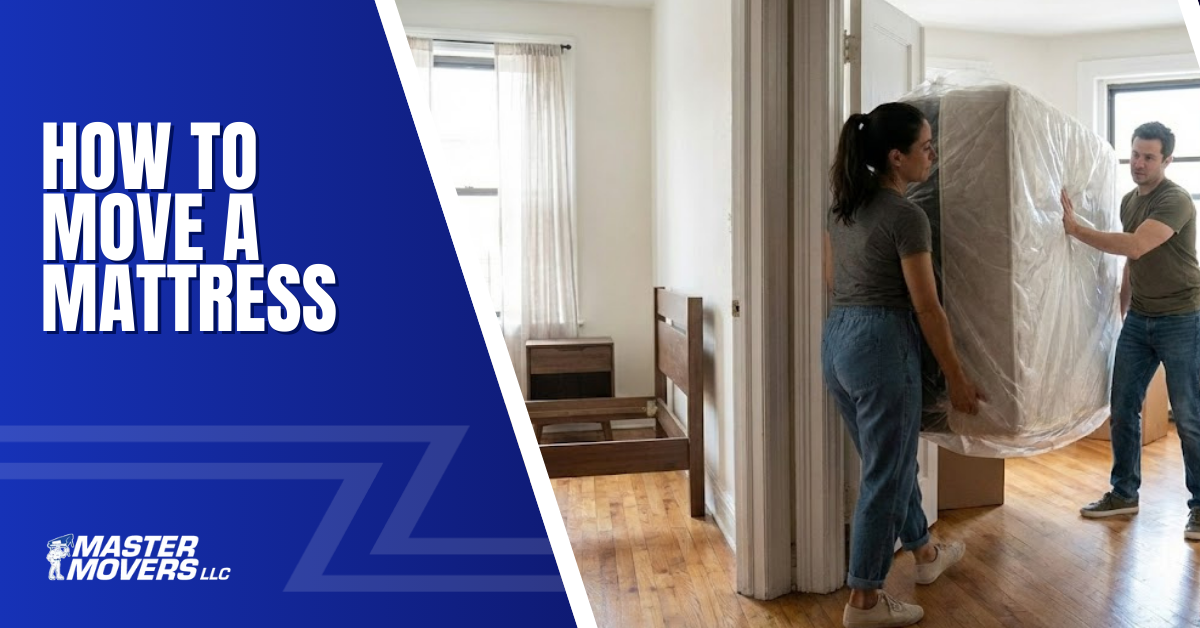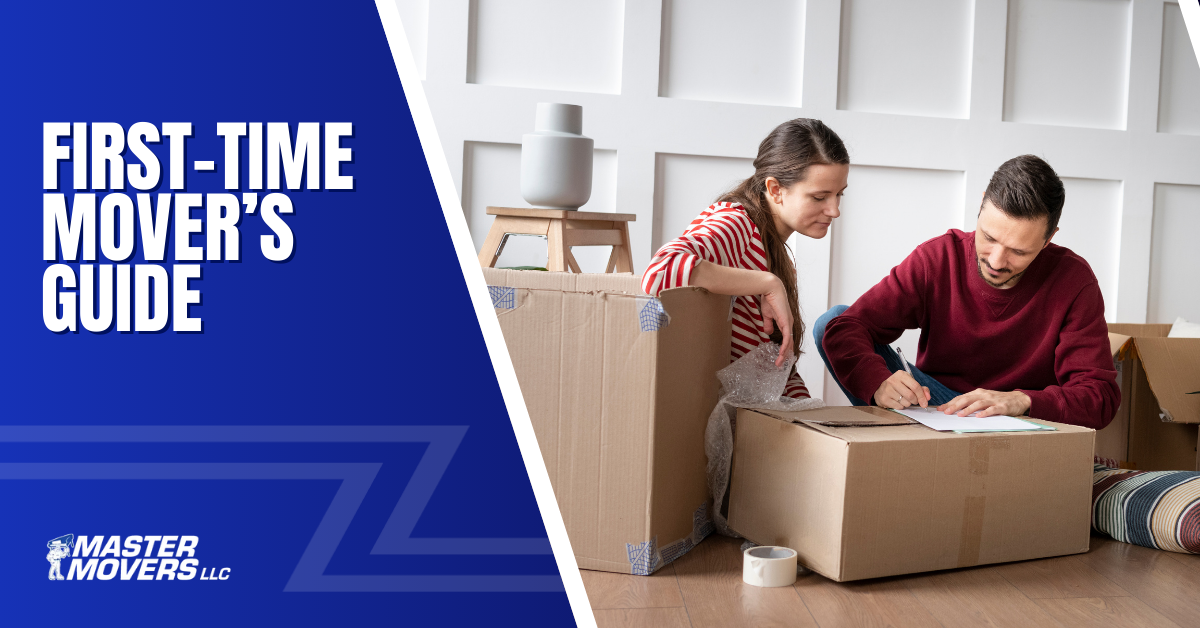Master Movers Guide to Long Distance Moving
April 26, 2024

Embarking on a long-distance move? Your adventure awaits but the journey there requires careful planning and strategic decision-making.

Navigating the Scope of Your Move
A long-distance move could mean venturing from the mountains to the coast, rural to bustling city scene, or perhaps to an entirely new state. Defined by distance, a long-distance move spans beyond state lines, typically hundreds to thousands of miles. It's a significant undertaking, far more complex than a local move, hence why choosing the right long-distance movers, such as our team at Master Movers, is essential. As thrilling as the beginning of a new chapter may be, long-distance moving can be equally daunting. There's the worry about items reaching safely, the new environment, and adjusting. But with every challenge, comes reward.Planning Your Long Distance Move
Success in long-distance moving lies notably in efficient planning. Starting early allows you to coordinate tasks systematically and tackle any unforeseen circumstances with adequate time in hand. A “moving checklist” is your trusty partner here, detailing tasks from the get-go to the end, such as hiring movers, packing services , decluttering, changing address, and setting up your new place. Tailor the checklist to your specific move and schedule, for a smooth process.Pre-Move Preparations
Before packing those boxes, an essential step is to declutter and downsize. Less really is more in a long-distance move as fewer items mean less packing, loading, transportation cost, and unloading. Segregate your items into what to keep, sell, donate, and toss. This not only helps with moving but aids in making a fresh start at your new place. Create an inventory of your possessions. Detailed descriptions with pictures can help track items and provide documentation if needed for insurance or disputes with movers. Packing for a long-distance move requires time, strategy, Group by room/type, use quality moving supplies for safety, label clearly, and pack an essentials box that you'll need on arrival. Pause here, as you're ready for the next big step, hiring movers!Selecting the Long Distance Movers
Choosing the right long-distance movers can largely decide the success and ease of your move. Make your choice based on reliability, reputation, experience, and services offered. Start by researching various moving companies, read customer reviews, and ask for recommendations from your network. Once you've shortlisted potential movers, verify their credibility. All long-distance movers must be registered with the U.S Department of Transportation. You can check their license and insurance via the FMCSA's mover search tool. As part of your research, take note of possible red flags to fraudulent movers: unusually low estimates, cash deposit demands, over-the-phone estimates without visual inspections, lack of a local address, or company name. When satisfied with their licensing and credibility, request moving estimates. Moving Day: What to Expect Long-distance moving days can be both exciting and hectic. Prepare a personal essentials bag with your necessary items for the next couple of days. Be available when the movers arrive, answer any questions, provide necessary information, and ensure everything is packed and ready for the move. Monitor your belongings' loading process and ensure that all inventory items are taken. Do a final walkthrough of your home; check for overlooked items, ensure all lights/switches are off, and secure windows/doors. You're set for the journey!Settling into Your New Home
You've reached your new home; it's time to unload and unpack. Use your inventory list to ensure all items have arrived safely. Check for any damage during transit. In case of damage or loss, it's important to note it immediately and express your concerns to the movers. Take your time unpacking, starting with essentials first. Organize your new space as per your preference, there's no rush.Money Matters: Budgeting and Cost-Saving Tips
Long distance moving can be a significant financial commitment. From hiring movers, buying packing supplies, to setting up your new home, costs can stack up. Creating a moving budget can provide a clear financial picture and keep you from overspending. The main chunk of your budget would be the moving company's fee. Reputable movers provide a detailed quote stating the breakdown of charges. Be sure to clarify any doubts and inquire about possible extra costs. Make use of online tools or apps for organized budget planning. To save on your long distance move:- Declutter : Moving fewer items reduces the weight and volume, thus saving money.
- Do-it-yourself Packing : While it’s time-consuming, packing by yourself can save a substantial amount.
- Off-Peak Moving : Try to move during the off-peak season (fall and winter) or mid-month when demand and prices are lower.



